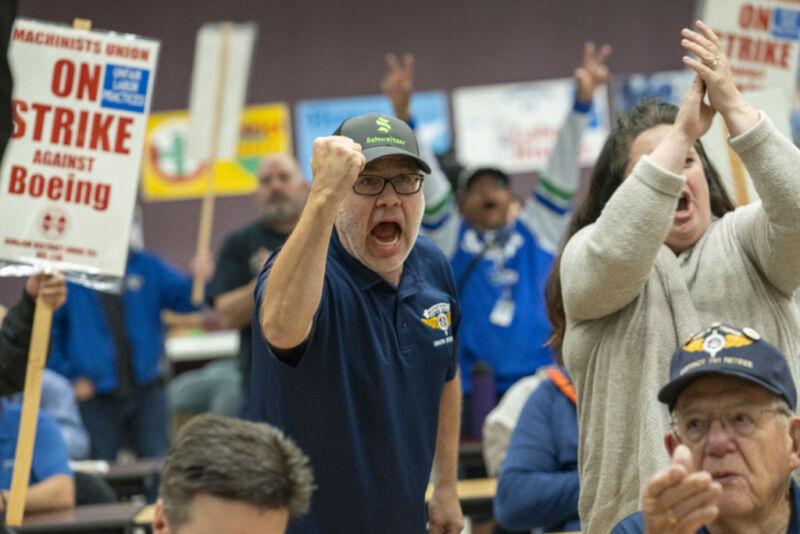Why the Passing of James Earl Jones Doesn’t Mean You Won’t Hear Darth Vader’s Voice Again
James Earl Jones, the legendary actor known for his deep and iconic voice, has left an indelible mark on the entertainment industry. From his portrayal of Mufasa in “The Lion King” to his role as the formidable Sith Lord Darth Vader in the “Star Wars” saga, Jones’ voice has become synonymous with power, authority, and gravitas. Unfortunately, with the passing of this remarkable actor, one might assume that these beloved characters’ voices would be forever silenced. However, that is not necessarily the case.
In the case of Darth Vader, there is a glimmer of hope for fans who fear that Jones’ passing means the end of his portrayal of the iconic villain. While it is true that James Earl Jones was the voice behind the mask, his contribution to the character goes beyond just his vocal talents. The character of Darth Vader is a collaborative effort that involves the work of multiple individuals, including a voice actor, a stunt performer, and even sound designers.
When Darth Vader first came to life in “Star Wars: A New Hope” and subsequently throughout the original trilogy, the character was portrayed onscreen by David Prowse. Prowse, a former bodybuilder, actor, and weightlifter, brought a physicality to the role that perfectly embodied the imposing presence of Darth Vader. That combination of Prowse’s towering stature and Jones’ distinctive voice helped create a sinister and unforgettable character.
Furthermore, the sound designers played a crucial role in crafting Darth Vader’s unique voice. One of those key contributors is Ben Burtt, the sound designer responsible for creating the sounds within the “Star Wars” universe. Burtt developed Vader’s iconic breathing sound using a combination of scuba divers’ breathing gear and an electric rubbing motor found in a dentist’s drill. This mechanical, ominous breathing has become one of the character’s most recognizable features, adding to his intimidating presence.
In fact, Vader’s voice has been given life by different voice actors across various “Star Wars” projects, even in recent times. For instance, in the animated series “Star Wars: Rebels” and “Star Wars: The Clone Wars,” actor Matt Lanter voiced Anakin Skywalker—the Jedi Knight who would eventually become Darth Vader. Lanter’s portrayal bridged the gap between the prequel trilogy and the original trilogy, capturing the essence of Anakin’s voice and, therefore, the beginnings of Vader’s distinctive tone.
Moreover, thanks to advancements in technology, there is also the possibility of using audio editing techniques and archived recordings of James Earl Jones’ voice to preserve the essence of Darth Vader in future appearances. While they may not have the same emotional weight as a portrayal by Jones himself, these solutions can help maintain the character’s iconic sound for future generations to enjoy.
In the entertainment industry, iconic characters have proven time and again that they can transcend the actors who first brought them to life. Just as Batman has been portrayed by countless actors, or James Bond has seen numerous incarnations, Darth Vader is a character whose legacy extends beyond any single performer. His helmeted presence and deep voice have become an integral part of popular culture, resonating with audiences worldwide.
The passing of James Earl Jones is undoubtedly a loss for the acting world, and his iconic voice will be sorely missed. However, it does not mean we have heard the last of Darth Vader’s distinctive voice. Through the collaboration of various talents and technological advancements, the legacy of this legendary character can live on—ensuring that the words “I am your father” continue to send shivers down our spines for years to come.
Hey Subscribe to our newsletter for more articles like this directly to your email.
